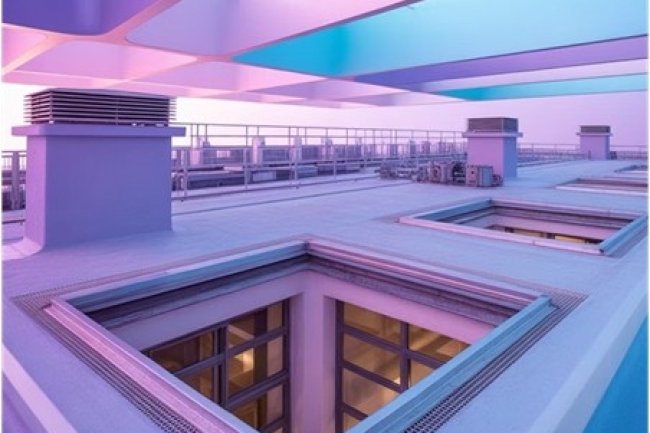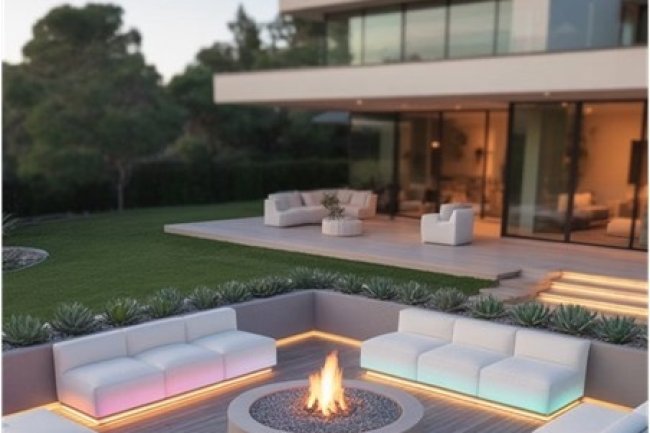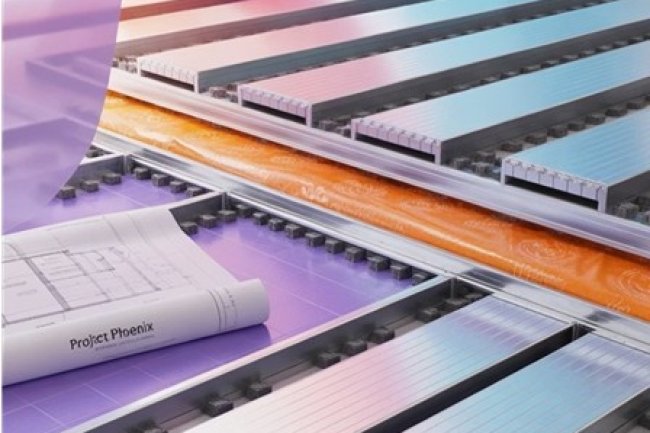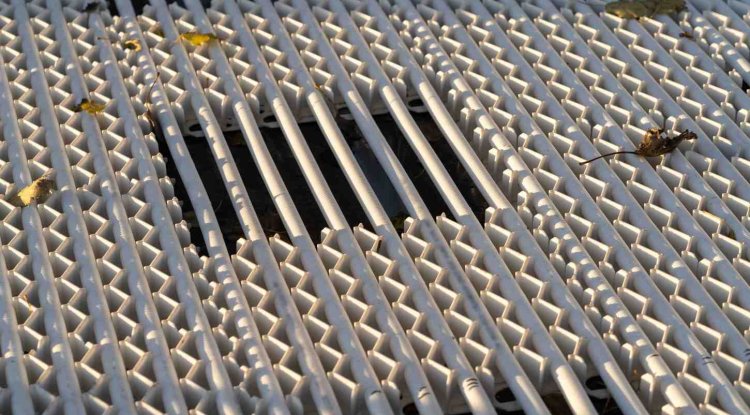Sustainable Materials for Modern Deck Design
Welcome to our exploration of how eco-friendly materials are transforming today's
deck designs. We'll discover how sustainability meets style in outdoor spaces,
benefiting both property owners and our environment.

The Evolution of Deck Materials
1
Traditional Timber
For decades, pressure-treated lumber dominated deck construction due to low cost and availability. However, concerns about chemicals and deforestation prompted the search for alternatives.
2
Composite Revolution
The 1990s introduced wood-plastic composites, combining wood fibers with recycled plastics. Early versions had issues with fading and mold but addressed sustainability concerns.
3
Modern Sustainable Options
Today's market offers bamboo, recycled composites, aluminum, and reclaimed wood. These materials provide durability and environmental benefits while meeting aesthetic demands. This evolution reflects changing priorities in construction, with sustainability becoming as important as performance and appearance.
Top Sustainable Deck Materials
|
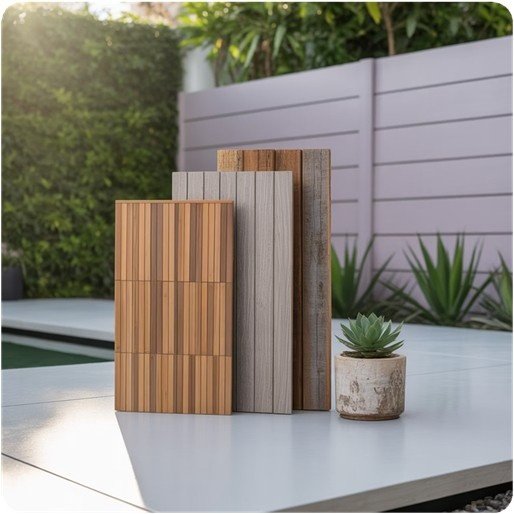
|
Bamboo Decking
Recycled Composite
-
Made from reclaimed plastic and wood fibers
-
Requires minimal maintenance, doesn't splinter, and diverts waste from landfills
Reclaimed Wood
-
Salvaged from old barns, factories, and warehouses
-
Offers unique character, history, and prevents further tree harvesting
|
Each material offers unique sustainability benefits while providing the aesthetic appeal and performance property owners expect.
Environmental Impact Assessment
Carbon Footprint
Sustainable decking materials significantly reduce carbon emissions compared to conventional options. Recycled composites produce 40% less carbon during manufacturing than virgin PVC decking.
Water Conservation
Eco-friendly materials require little to no chemical treatments or stains, reducing water pollution. Sustainable decks typically require 60% less water for maintenance over their lifetime.
End-of-Life Solutions
Modern sustainable materials offer better recycling options. Many composite decks can be completely recycled at the end of their 25+ year lifespan, creating a closed-loop manufacturing process.
Key Takeaway
These environmental benefits translate to real value for property owners, especially as green building certifications become more important.
Design Innovations with Sustainable Materials
Flexible Forming
Integrated Technologies
Built-In Features









